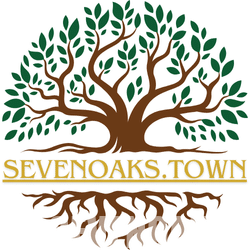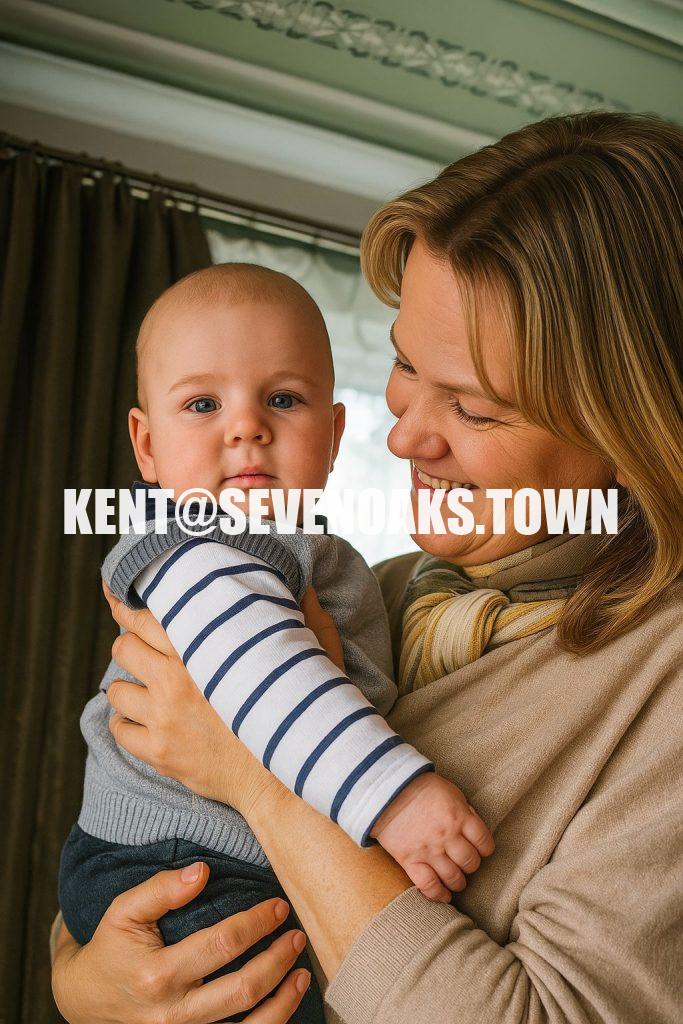Sevenoaks, a town celebrated for its affluence, picturesque landscapes, and prestigious reputation, is among the wealthiest towns in England. Yet, shockingly, its emergency housing fails to provide even the most basic necessities—such as a shower.
From the moment I raised the issue, I found myself caught in a perpetual roundabout of correspondence. The housing team acknowledged my concerns but asked for GP letters to “prove” the need for a shower, effectively turning a basic amenity into a medical case study. When I contacted my GP, I learned that such a letter fell under paid services—an extra cost I shouldn’t have to bear just to justify modern living standards.
Emergency accommodation is meant to offer a safe, functional space for those in vulnerable situations. However, residents in Sevenoaks’ emergency housing are finding themselves without modern essentials, making their already difficult circumstances even harder to bear.
If you have a story to share, please email to: [email protected]
A Glaring Disparity in Sevenoaks
While Sevenoaks boasts luxury homes, thriving businesses, and an image of opulence, its emergency housing paints a starkly different picture:
- No Shower Facilities: Properties provided only include bathtubs, falling short of modern hygiene needs.
- Inflexible Living Conditions: Residents cannot make their own improvements, even at their expense.
- Bureaucratic Hurdles: Residents are asked to provide GP letters—often at their own cost—to justify the need for basic amenities.
This highlights a significant gap between the town’s wealth and its support for those in need.
One of England’s Wealthiest Towns Emergency Housing Falls Short of Basic Necessities
Sevenoaks, heralded as one of the wealthiest towns in England, is known for its well-heeled residents, historic charm, and lush green landscapes. Given its reputation, one would expect that even emergency accommodations would meet fundamental standards of living. Yet, I find myself in a situation where my emergency housing, provided by the local council, still lacks something as basic as a shower.
Analysis of the Situation:
- Disparity Between Wealth and Housing Standards:
Sevenoaks’ image suggests top-tier living conditions. However, the emergency accommodation offered presents a glaring contrast—where luxury homes exist, the vulnerable are placed in housing that falls short of basic amenities. This mismatch raises questions about how resources are allocated and who truly benefits from the town’s affluence. - Persistent Lack of Basic Facilities:
Despite multiple requests and communications, I remain without a shower, relying solely on a bathtub. In a modern society, a shower is not a luxury but a standard facility—critical for hygiene, health, and comfort. That I must repeatedly highlight this need underscores a systemic issue in the way emergency housing is managed. - Bureaucratic Hurdles and Additional Costs:
Rather than addressing the issue head-on, authorities have shifted responsibility and requested GP letters—at a cost to me—to justify what should be universally understood as a basic necessity. This red tape places an undue burden on individuals already facing hardship, rather than providing prompt and empathetic solutions. - Impact on Well-Being:
For those recovering from trauma, such as domestic abuse, and managing health conditions, being forced to live without proper amenities can hamper healing. Emergency housing should provide a safe and functional environment, not introduce additional stressors that compromise dignity and mental health.
The Ongoing Reality:
I am still without a shower, an essential amenity that most consider a given in any standard living space. In a town like Sevenoaks, this reality is both perplexing and disheartening.
It’s time for Sevenoaks’ decision-makers to step up and ensure their emergency accommodations align with the town’s reputed standards. Vulnerable residents deserve more than just a roof—they deserve a living environment that respects their health, dignity, and right to basic facilities. By addressing these systemic gaps, Sevenoaks can move closer to living up to its prestigious status, ensuring that prosperity is reflected not just in property values, but in the quality of care and accommodation provided to those in need.
Going in Circles: My Ongoing Struggle for Basic Amenities in Sevenoaks’ Emergency Housing
When I first sought emergency accommodation in Sevenoaks—one of England’s wealthiest towns—I never imagined how complicated it would be to secure something as basic as a shower. What should have been a straightforward request became a journey through a maze of emails, phone calls, and official letters, with each step more confusing than the last.
A Web of Bureaucracy and Blame-Shifting:
Meanwhile, the accommodation management company washed its hands of the problem, suggesting I explored different mobile networks when I mentioned connectivity issues. The council pointed me in new directions, only to lead me back to the same unhelpful channels. I was passed between departments like a parcel without a proper address, each conversation ending without a solution.
A Breakdown of the Correspondence Chaos:
- Initial Complaints: I notified the relevant team that the emergency property lacked a shower, stressing its importance for my health and well-being.
- Deferrals and Delays: Instead of action, I received generic apologies and instructions to seek out paid medical letters or find my own workaround. The message was clear: the burden was on me to “prove” that I deserved a shower.
- Repetitive Explanations: Despite repeatedly explaining my reasons—an autoimmune condition requiring cold showers, the mental health implications of being stuck without proper facilities—my pleas were met with polite indifference or requests for evidence.
- No Clear Accountability: No one entity took responsibility. I was referred from housing officials to management companies, from management companies back to the council, and from there on to my GP, each time forced to restate my case as if starting from scratch.
The Human Cost of Sevenoaks Bureaucratic Roundabouts:
This lengthy, tangled chain of correspondence isn’t just inconvenient—it’s exhausting. Each unanswered question, each forwarded email, and each polite yet empty response chips away at trust and faith in the system. Emergency accommodation should provide respite, not force vulnerable individuals to navigate a complex communication labyrinth.
From the moment I raised the issue, I was caught in a perpetual roundabout of correspondence. The housing team acknowledged my concerns but asked for GP letters to “prove” the need for a shower, effectively turning a basic amenity into a medical case study. When I contacted my GP, I learned that such a letter fell underpaid services—an extra cost I shouldn’t have to bear just to justify modern living standards.
In an affluent place like Sevenoaks, it’s unacceptable that those in crisis housing have to fight so hard for a standard amenity. We must demand more efficient communication, transparent accountability, and immediate action on basic housing standards. Vulnerable residents deserve more than an unending paper trail—they deserve dignity, understanding, and a swift resolution to issues that should never have arisen in the first place.
Sevenoaks: One of England’s Wealthiest Towns, Yet Emergency Housing Still Lacks a Shower
Chauffeur Service for the Christmas & New Year Period Full Day Hire (8 Hours) £561
Promote Your Business on Sevenoaks.Town – Local Directory Opportunity
Night-Time & Overnight Travel – Chauffeur, Private Driver & Executive Car Hire in Sevenoaks
We ofer safe and reliable night-time transport in Sevenoaks and nearby villages. We services nearby…
Video Marketing for Kent Businesses
Behind‑the‑scenes interview – We stage interviews in a bright office with a Kent skyline or…




